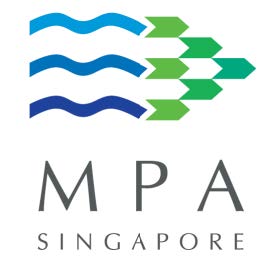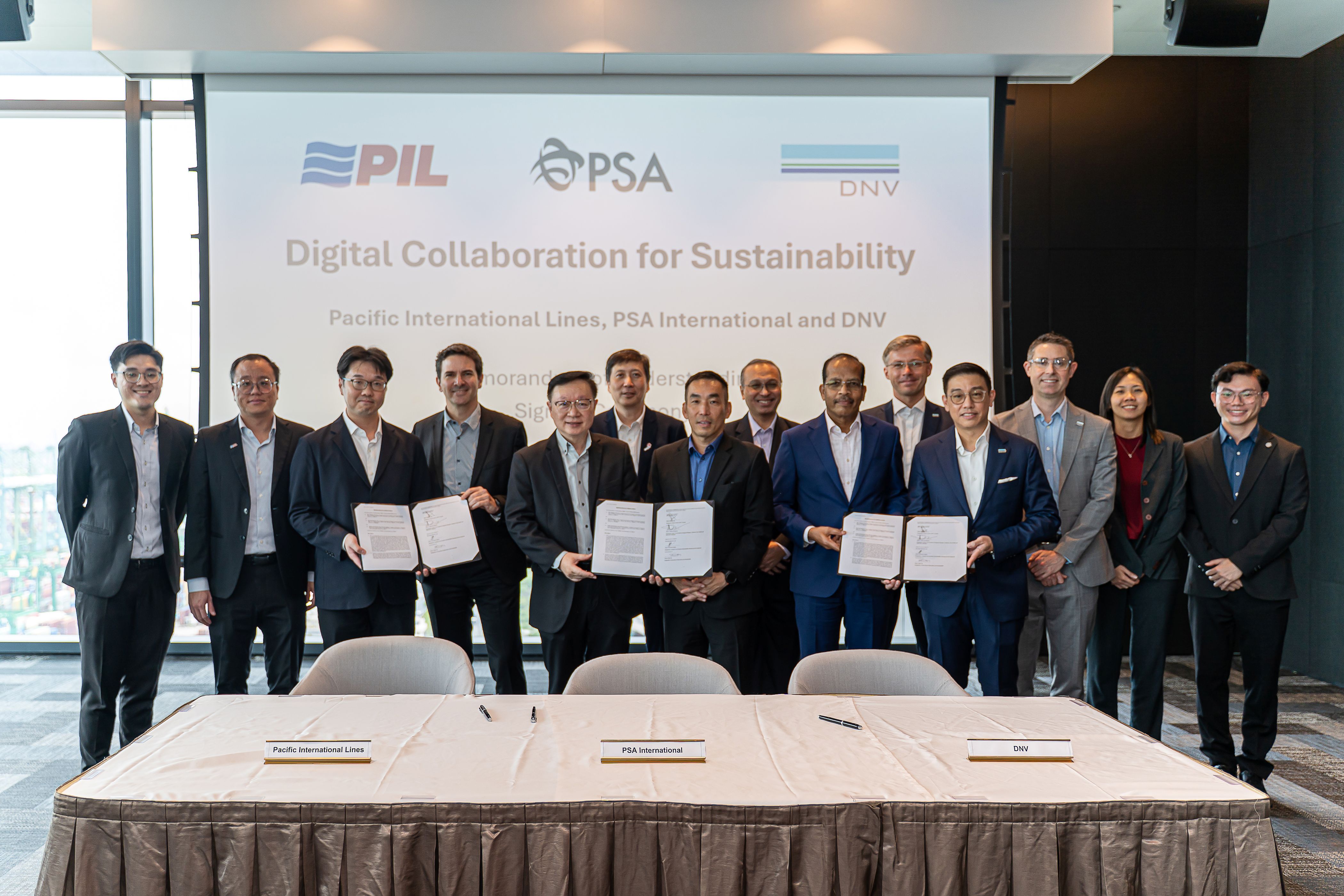
Zero Emission Shipping Fund proposal submitted to UN to deliver on shipping’s net zero targets
· The International Chamber of Shipping (ICS), the Commonwealth of The Bahamas, and the Republic of Liberia submit detailed proposal to UN IMO for a Zero Emission Shipping Fund to accelerate transition to net zero by 2050.
· Fund will incentivise accelerated production and uptake of zero GHG marine fuels and technologies and provide billions of dollars to support transition in developing countries.
· Governments urged to approve fit-for-purpose proposals to meet their commitment to adopt a maritime GHG emissions pricing mechanism in 2025.
The International Chamber of Shipping (ICS) has submitted a detailed, fit-for-purpose
proposal to shipping’s global regulator, the UN International Maritime Organization (IMO), for a Zero Emission Shipping Fund (ZESF).
In recognition of the urgency to move forward with workable solutions to meet ambitious net zero targets, shipowners globally have agreed to mandatory contributions on ships’ greenhouse gas (GHG) emissions to raise billions of dollars annually. The purpose is to accelerate transition by the global commercial shipping fleet to net zero emissions by 2050 and support the maritime GHG reduction efforts of developing countries.
The shipping industry’s updated proposal is co-sponsored by Bahamas and Liberia (two of the world’s largest flag State administrations, measured in gross tonnage). The proposal builds on the “feebate” concept put forward by the Government of Japan and support from EU States at IMO for a flat rate “levy-based” global contribution system. Significantly, the updated proposal adds a structure for transparency and accountability for how the billions of dollars raised will be used, including those funds to be allocated for use in developing countries.
Guy Platten, ICS Secretary General, explained:
“The transition to net zero shipping must be truly global. Otherwise, it will not succeed. ICS fully supports the net zero goal which IMO has agreed for shipping. The 2050 goal will only remain plausible if government negotiators now roll up their sleeves to develop the regulations needed to establish the Zero Emission Shipping Fund. A global GHG pricing mechanism for shipping urgently needs to be agreed on next year, which will de-risk investment in zero GHG marine fuels and provide billions of dollars of funds to support developing countries.”
“The Governments of Bahamas and Liberia and the global shipping industry have come forward with a carefully thought-out mechanism, which is equitable, transparent and simple. The first IMO target for 2030 is less than six years away. If we don’t achieve a take-off point in the production and uptake of zero GHG marine fuels by 2030, it’s hard to see how net zero will be achieved by 2050.”
“The groundwork has been done and the regulatory architecture has been carefully laid out. All that is needed is political will from governments to implement this fit-for-purpose solution quickly and effectively.”
The Zero Emission Shipping Fund and the “feebate” mechanism will be considered by IMO Member States at their next round of GHG negotiations in March. Governments have already unanimously committed to developing a GHG pricing mechanism for international shipping by 2025. If governments agree, the ZESF will be approved next year to help achieve net zero GHG emissions from shipping by or close to 2050, in line with the ambitious GHG reduction targets adopted by IMO Member States.
Under the proposal, contributions from ships per tonne of CO2e emitted will be used to reduce the significant cost gap between zero GHG fuels and conventional fuel oil, providing financial rewards (“feebates”) to ships for the GHG emissions prevented by use of these new marine fuels.
The transparent and accountable proposal will include support for the production of zero/near-zero marine fuels and the roll-out of new bunkering infrastructure in developing countries’ ports worldwide, as well as supporting training in the safe use of new fuels.
A detailed impact assessment has already been conducted by Clarksons Research for ICS that highlights that a contribution rate which adds a cost in a range between US$20 to $300 per tonne of fuel oil consumed would have no disproportionately negative impacts on national economies in terms of delivered cargo prices.
The Zero Emission Shipping Fund will allow the hard-to-abate shipping sector, which is completely dependent on fossil fuels and where the current use of zero GHG fuels is virtually zero, to achieve a “take-off” point in its use of more expensive ‘green’ fuels, such as ammonia, hydrogen, sustainable biofuels, synthetic methanol and synthetic LNG.
For the full proposal, please click
here.
source: ICS
The opinions expressed herein are the author's and not necessarily those of The Xinde Marine News.
Please Contact Us at:
media@xindemarine.com


 Baltic Exchange launches new Fuel Equivalence Conve
Baltic Exchange launches new Fuel Equivalence Conve  21 Consecutive Years of QUALSHIP 21 Recognition for
21 Consecutive Years of QUALSHIP 21 Recognition for  MPA and Wärtsilä Renew Partnership to Drive Marit
MPA and Wärtsilä Renew Partnership to Drive Marit  MPA and Dalian Maritime University Renew Partnershi
MPA and Dalian Maritime University Renew Partnershi  PSA INTERNATIONAL, DNV AND PACIFIC INTERNATIONAL LI
PSA INTERNATIONAL, DNV AND PACIFIC INTERNATIONAL LI  INTERCARGO Reaffirms Call for Simplicity as IMO Cli
INTERCARGO Reaffirms Call for Simplicity as IMO Cli